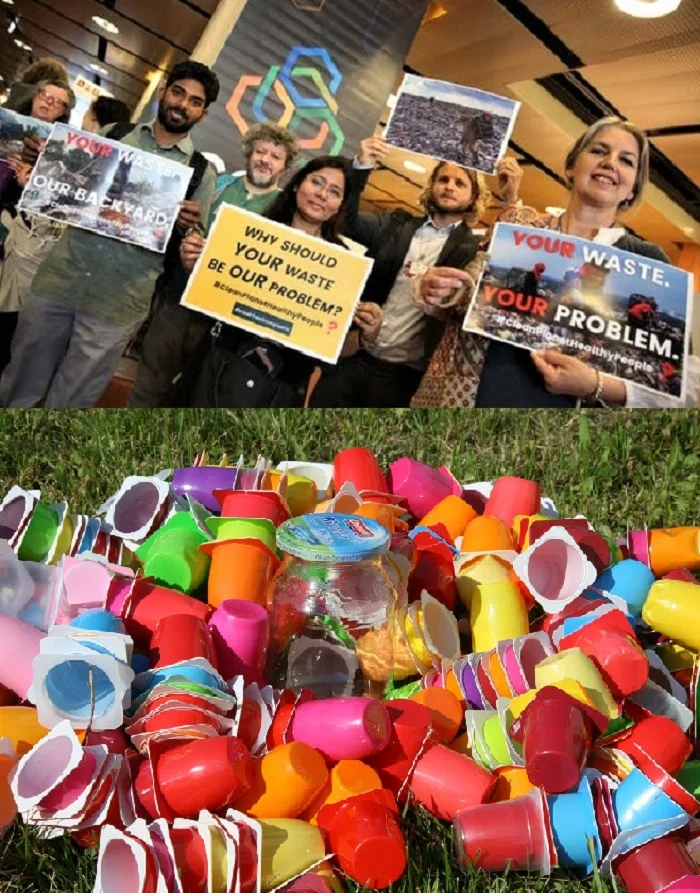Recycling: Poorer Countries Can Now Refuse Plastic Waste Imports, Making System Fairer
/Recycling: Poorer Countries Can Now Refuse Plastic Waste Imports, Making System Fairer
The world generated 242 million tonnes of plastic waste in 2016 – a figure that’s expected to grow by 70% in the next 30 years. But this same plastic is also a commodity that’s sold and traded in a global industry that generates US$200 billion every year.
Exporting plastic waste is one way rich countries dispose of their waste. By selling waste to firms that then send it to countries where recycling costs are cheaper, rich countries can avoid the unpleasant task of finding somewhere at home to dispose of it. Unfortunately, most of this waste is shipped to countries that aren’t equipped to properly manage it.
When wealthy countries export their plastic waste to poorer countries with weaker recycling capacity, those plastics are often dumped, eventually polluting the land and sea. But a recent UN decision could help those countries most affected by plastic litter and with the least capacity to manage it. Due to a little-known treaty called the Basel Convention, poorer countries can now say no to the deluge of exported waste.





